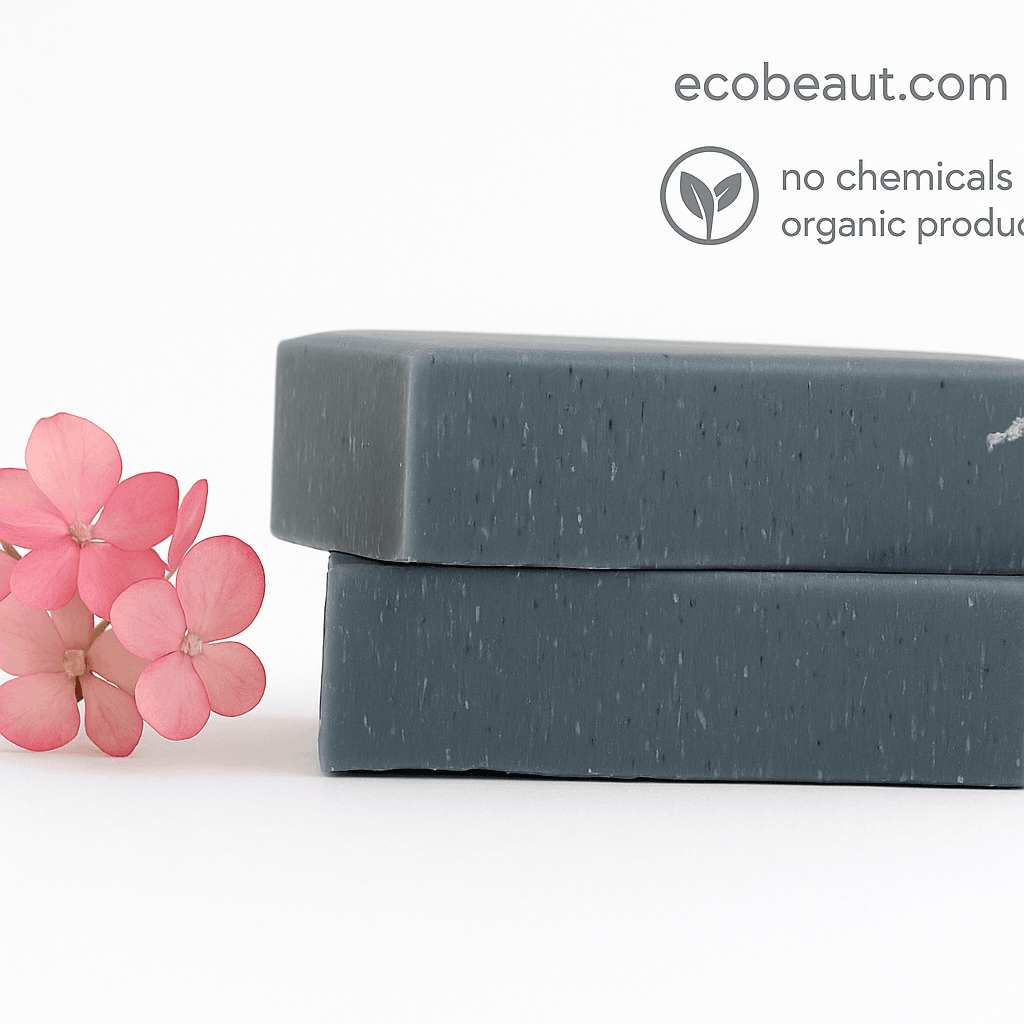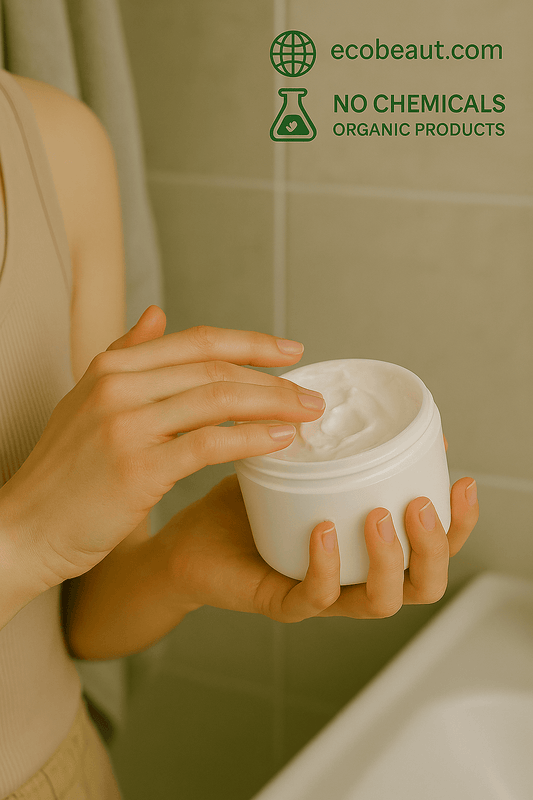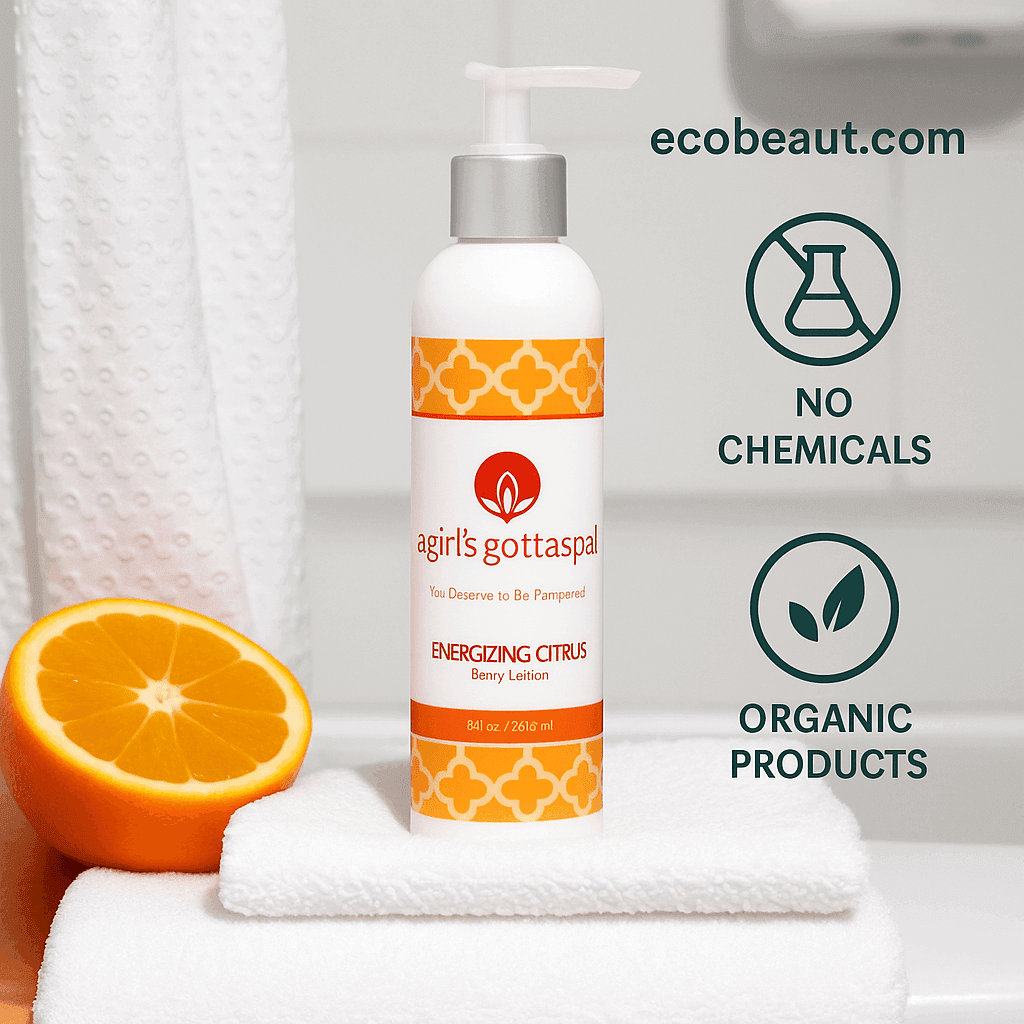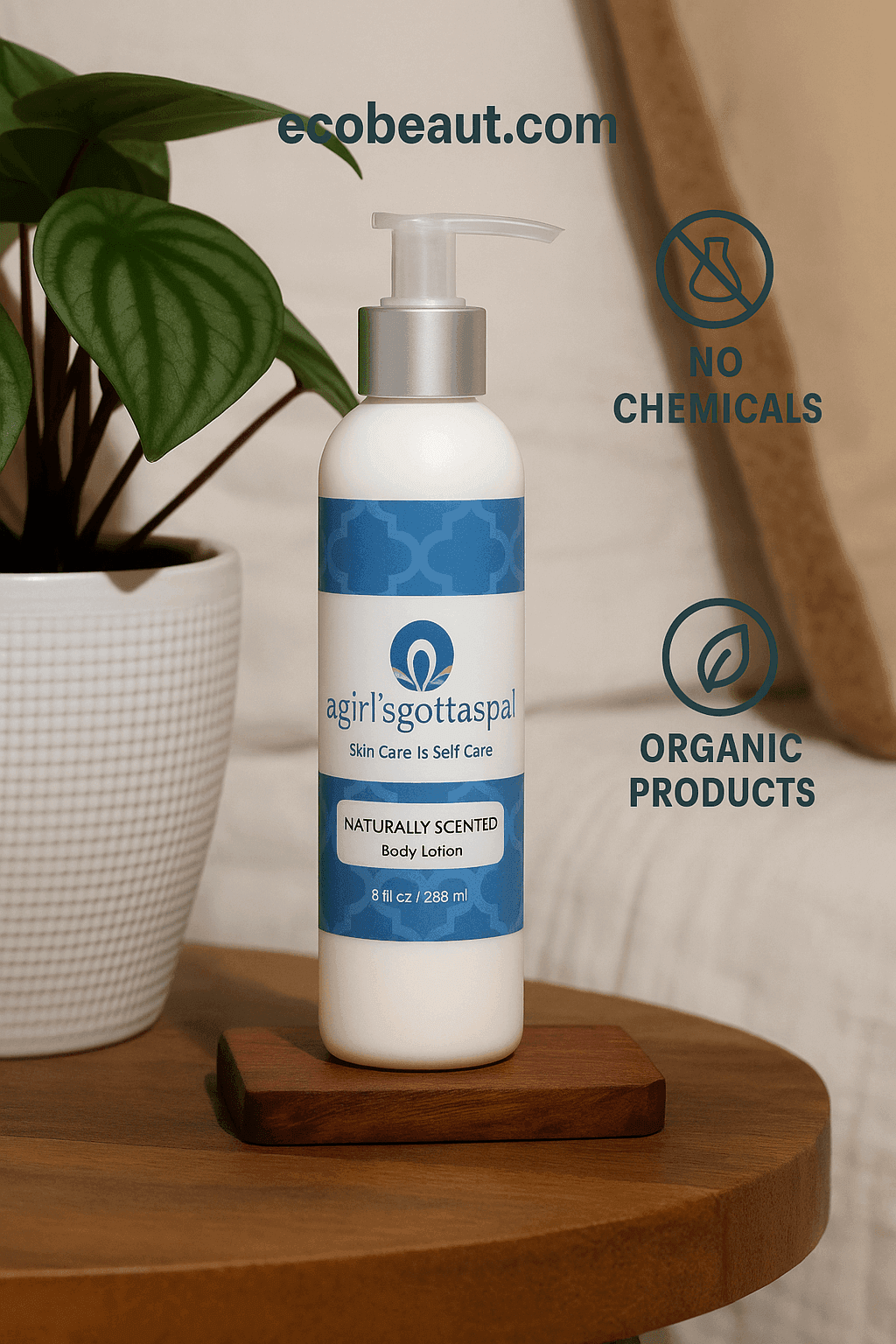Our skin's needs change throughout the year, responding to changes in temperature, humidity, and exposure to environmental stressors. A one-size-fits-all skincare routine rarely meets these evolving needs, so adapting your routine to the seasons is critical to maintaining healthy, radiant skin. But these adjustments can also align with eco-friendly values, reducing your impact on the environment while nourishing your skin. In this guide, we explore how to make sustainable changes to your skincare routine as the seasons change, using eco-conscious products that benefit both your skin and the planet.
Why seasonal skincare is important
Environmental factors such as humidity, sunlight, wind and temperature changes directly affect the skin's moisture levels, barrier function and sensitivity. For example, winter often brings dry air that can strip the skin of essential moisture, while summer increases sun exposure and the need for sun protection. These shifts mean that skincare products that work effectively in one season may not work year-round. Incorporating eco-friendly products into this seasonal rotation ensures that both your skin and the environment benefit from clean, sustainable ingredients and practices.
Winter: Hydrate and protect against the cold
In winter, cold temperatures and indoor heating reduce moisture levels, leaving skin dry and prone to cracking and irritation. To combat these effects, it is essential to switch to heavier, moisturizing products that lock in moisture and strengthen the skin's natural barrier. However, many conventional skincare products rely on synthetic oils and silicones that can clog pores and contribute to pollution when washed off.
Eco-Friendly Winter Skin Care Tips:
- Use Rich Moisturizers: Opt for balms and creams made with shea butter, cocoa butter, or avocado oil, which provide deep hydration without synthetic additives.
- Switch to Gentle Cleansers: Replace foaming cleansers with cream-based or oil-based cleansers made with jojoba oil or olive oil to prevent moisture loss during cleansing.
- Apply facial oils:Natural oils such as Argan Oil or Rosehip Oil offer added protection from harsh winds while providing antioxidants to help repair the skin.
- Don't forget lip care: Use organic lip balms with beeswax or candelilla wax to keep lips soft and prevent chapped lips.
Spring: Balancing and Refreshing Skin
Spring is a time of renewal-not only for nature, but also for your skin. As temperatures rise and humidity increases, your skin may produce more oil, which can clog pores. This is also an ideal time of year to exfoliate, as shedding dead skin cells reveals a fresh, glowing complexion. However, many traditional exfoliants contain microplastics, which harm marine life and persist in the environment.
Eco-friendly spring skin care tips:
- Use natural exfoliants: Choose products with walnut-shell powder or sugar-based scrubs for gentle exfoliation without microplastics.
- Lighten your moisturizer:Transition from winter creams to lighter lotions or gels with Aloe Vera and Cucumber Extract for cooling, hydrating benefits.
- Incorporate antioxidants:Products with natural antioxidants such as green tea extract or vitamin C protect the skin from environmental stressors such as pollen and pollution.
- Incorporate toners: Use alcohol-free toners with Witch Hazel or Rosewater to balance your skin's pH and reduce excess oil.
Summer: Protect and moisturize under the sun
Summer brings increased sun exposure, higher humidity and the potential for sweat-induced breakouts. Protecting the skin from UV rays is the most important part of a summer skin care routine. Many conventional sunscreens contain chemical filters such as oxybenzone, which not only harm coral reefs, but can also irritate sensitive skin. Eco-friendly mineral sunscreens made with zinc oxide or titanium dioxide offer a safer alternative.
Eco-friendly summer skin care tips:
- Use Mineral Sunscreens: Choose broad-spectrum sunscreens with non-nano zinc oxide, which physically block UV rays without polluting water systems.
- Stay hydrated: Use lightweight serums with hyaluronic acid, a naturally occurring molecule that draws moisture into the skin without clogging pores.
- Control shine: For oily skin, use mattifying products with natural ingredients such as bamboo powder or rice starch.
- Soothe Sun-Exposed Skin: After sun exposure, use aloe vera gel or creams with calendula to soothe and repair skin.
Autumn: Repair and Transition
Autumn serves as a transitional period between the heat of summer and the cold of winter, making it an ideal time to repair sun damage while preparing your skin for drier weather. This season is also an opportunity to focus on nourishment and regeneration, as the skin's natural cell turnover slows down with cooler temperatures.
Eco-friendly fall skin care tips:
- Incorporate Face Masks: Use masks with natural clays like kaolin or bentonite to detoxify and refine pores after a summer of sun and sweat.
- Switch to restorative oils: Start with oils such as Rosehip Oil, rich in vitamins A and C, to support cell renewal and fade sun spots.
- Exfoliate gently: Continue to exfoliate once or twice a week with eco-friendly scrubs or fruit enzyme masks to promote cell turnover.
- Boost hydration: Add a hydrating serum or essence with ingredients such as Aloe Vera or Camomile Extract to prepare for winter dryness.
Sustainable packaging and practices for seasonal skin care
In addition to eco-friendly ingredients, sustainable packaging plays an important role in reducing waste. Many brands now offer products in recyclable glass jars, biodegradable tubes or refillable containers to minimize environmental impact. When switching products seasonally, consider the following sustainable practices:
- Choose multipurpose products: Some oils, such as coconut oil or jojoba oil, can perform multiple functions - moisturizing skin, hair and cuticles - reducing the need for additional products.
- Recycle Packaging Properly: Be sure to clean empty containers before recycling them according to local guidelines.
- Refill When Possible: Choose brands that offer refill stations or subscription services with reduced packaging.
- Use eco-friendly tools: Switch to organic cotton pads or reusable makeup remover to further reduce waste in your routine.
The Benefits of Seasonal Skincare with Eco-Friendly Products
Adapting your skincare routine throughout the year ensures that your skin remains balanced, healthy, and well-nourished despite seasonal changes. By choosing eco-friendly products, you also benefit from cleaner, gentler ingredients free of synthetic chemicals. These products are often cruelty-free, vegan, and packaged with minimal waste, reflecting a commitment to both personal wellness and environmental responsibility.
Eco-conscious skincare practices offer the added benefit of supporting sustainable businesses that prioritize ethical sourcing and production. This holistic approach helps reduce pollution, protect biodiversity, and promote fair trade, making each skincare choice an investment in a healthier planet.
Conclusion
Seasonal changes demand flexibility in skincare routines, but these adjustments don’t have to come at the expense of sustainability. By choosing eco-friendly products tailored to the conditions of each season, you can care for your skin while minimizing your environmental impact. Whether it’s switching to heavier moisturizers in winter, using mineral sunscreen in summer, or exfoliating with natural scrubs in spring, small changes can make a significant difference.
Through mindful ingredient choices and sustainable practices, you create a skincare routine that adapts not only to the seasons but also to your values. The combination of eco-consciousness and self-care fosters a deeper connection to both your personal well-being and the health of the planet.
















